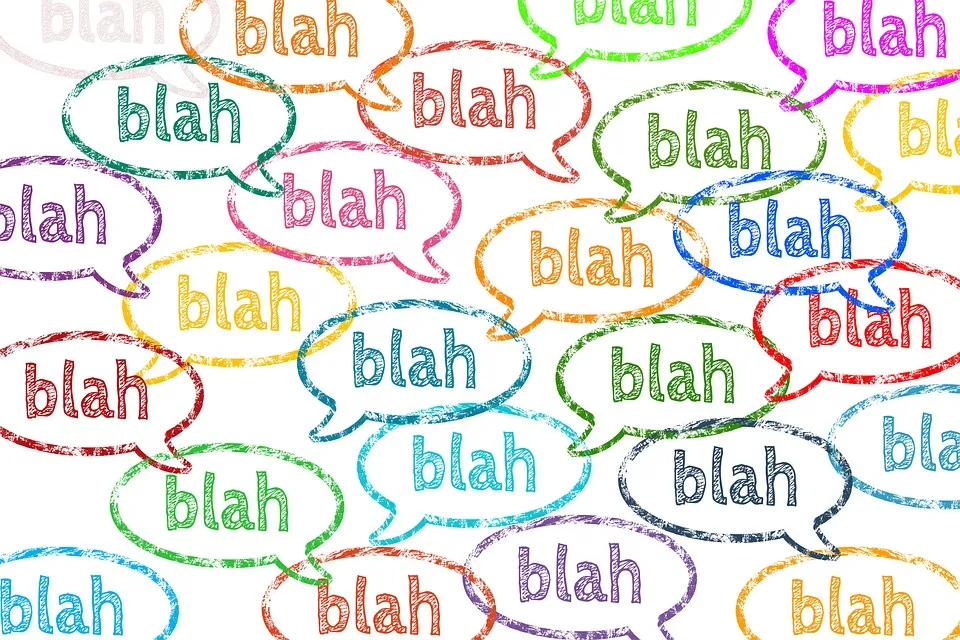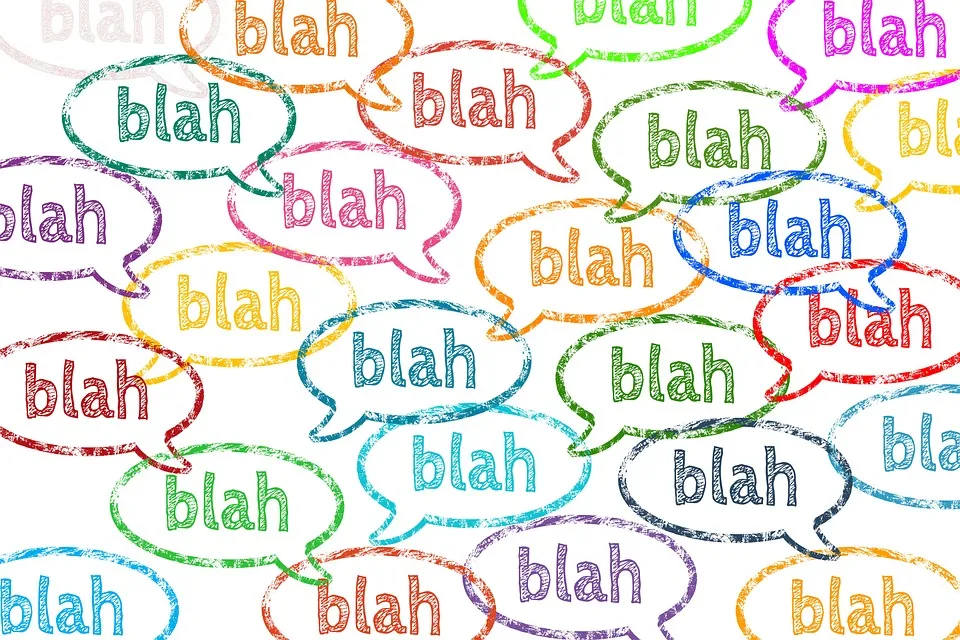When debating is useless


For years (about 15 years) I have been interested in possible solutions to a more synergetic civilization. I study them, I criticize them, I improve them, I popularize them, I share them. Sometimes I invent some stuff too.
I debated a bit at the beginning, when I was younger, with the firm intention to solve by logic and deduction the main questions raised.
Some of them had already been answered, others did not and maybe still do not.
However, I quickly noticed several things, which then assured me that the debate is absolutely useless in general:
most people do not debate to learn but to make a point, regardless of whether the point is false or not
most people do not learn by education, not even by failing but when they reach a point where they simply have no other choice
most people do not want to learn
most people are not rational
The state of the art of nonsense
People who really have the ability to put down information and sort it out to get what is true are extremely rare. People who are able to identify fallacies, cognitive biases and dialectical and statistical tricks are also very rare.
The fact is, in all my scientific education, I never had a course in epistemology. And if you don't know that word, then education has indeed lied where it could have brought true knowledge of the world.
It is by my own means and will that I have patiently observed and identified what makes sense, even before it is applied to a particular field, simply: is the approach right, is the analysis correct, do the interpretations make sense, etc.
I will give you some examples of fallacious discourse:
changing the context of the statement to be sure to be right (this is very common; I had a recent example where I refuted the alarmist character of an article on climate change by saying that life always finds its way and that it is much more resilient than we think, the answer was to say that everything dies one day: the person thought he was refuting my remark whereas he simply changed the context of consideration and stated a generalization which is irrefutable because it is both obvious but also forever absolutely unprovable)
rejecting an information or an argument because the person who pronounces it is otherwise accepted by the majority as untrustworthy (see the example of Luc Montagnier, one of the greatest scientists of the 20th and 21st century, who had worked on HIV, water memory and more recently on the SARS-CoV-2 virus)
associating individuals or groups with other individuals or groups in order to refute one of them ("Ah, but thats what conspiracy theorists claim!", "That's what Hitler said!")
use arguments of authority ("That's not what Claude Levi-Strauss said!", "It's a multimillennial tradition!", "These researches are old, science has progressed since then!")
compare the incomparable (like the rigged statistics on the pay gap between men and women, which will compare what a full-time engineer earns with a part-time cleaning lady for example)
circular thinking (justifying one's hypothesis by a deduction conditioned by this hypothesis)
using the exception to refute the rule (even if this rule is true in 99% of the cases)
relativize truth ("Everyone has his own truth", an assertion that destroys the basic axiom of science which is the equivalence a = a, i.e. the possibility of object recognition; this assertion can be easily proved false by the metaphysical principle of coexistence necessarily supposing at least one common point between objects to coexist in the same reality and thus validating the fact that truth is unique and not multiple, the rest being simply opinions that cannot all be simultaneously true if they contradict each other)
monopolize the mental flow (much appreciated by speakers, it prevents the audience to analyze what is said and, often thanks to a captivating speech, produces a series of apparently unstoppable arguments that could be easily discussed or even refuted if only we had the time to think about it)
bad faith
and so on.
Since the occurrence of these stultifying intellectual biases approaches 100% in absolutely all my discussions, I have come to the conclusion that argumentation is useless with people who are not capable of producing rigorous reasoning, meaning almost everyone.
If this observation is generalizable (and I tend to think it is, since I observe it absolutely everywhere), it means that intellectually rigorous people who have a real taste for the truth face an energetic dilemma: is explaining to people their logical errors really useful? If I spend the time I spend correcting people on useful and functional things, where would I be today? Would it be more efficient to just going my own way without caring about people disagreeing with me?
Which approach is the most synergetic?
I have deduced from my experience that I have no interest in debating since my interlocutors obviously have no interest in learning.
This leads to a very simple attitude: do and say what is true, try out what could be excellent achievements, publish what deserves to be published and do not try to defend what you say in front of people who have no interest in the truth.
This way of seeing things reminds me of a remark of Michel Clouscard, a French philosopher who, invited on a TV set in the company of people full of bad faith, had concluded his exchanges by saying that the philosopher would always lose to the sophist in a time when the truth interests nobody.
It also reminds me of the environmentalist fight of the 60's which, even if it was largely infiltrated by communist and globalist lobbies, nevertheless carried for a while legitimate fights based on facts that even their opponents did not refute.
After thousands of hours of conferences and debates, demonstrations and television appearances, after hundreds of published books, films, documentaries, studies of all kinds and endless discussions with millions of people and such media coverage that no one in the West can say that they have not heard about it, we can see today that nothing has really changed, that people are only doing things out of constraint or economical incentive and that those who have understood the lessons given were in any case already certain that ecological issues were important.
People who have really changed their minds in the face of solid arguments are very rare and it is generally enough in this case to simply publish our work, for them to inquire about it. No need to hammer anything.
It is therefore preferable at all times for people who wish to establish the truth and move forward on their own path (people who will often have a pioneering temperament) not to waste time justifying what they do and simply publish what seems worth it. That's all.
This is also the only approach that matches the seven synergetic criteria I talk about quite often in my articles. Otherwise, the efficiency criterion would be very low, transparency would not be complete and contentment would be low too in my case.
The pioneers and the sellers
If the uselessness of debate is obvious to truth-seekers who are also innovative, one can consider its role in marketing, commerce and sales.
In this area, although it often upsets me, logic does not have much room. On the contrary, there are techniques directly linked to emotion, affection, gregariousness. In short, to the primitive animal part of the human being.
Sellers will therefore often have every interest in debating, not to extract any truth from this debate but to win it, win over the audience and therefore the market.
When I say "market", it can of course refer to anything: objects, admirers, men & women, elections, etc.
There is a story in France about such erratic behavior from the people. I’ll keep it short.
In 1870, a guy, Alain de Monéys, a young notable from the Midwest of France, was beaten then tortured and finally burned alive by the crowd because of a misunderstanding about his commitment to Prussia (he was preparing to go to war against Prussia and people believed on the contrary that he supported it, which at the time was extremely frowned upon of course).
No matter how many times he defended and tried to explain himself, the crowd didn't hear anything and tortured him for hours.
Communicators, who will always be trying to sell something to the public, have a role to play with manipulative ways, because that's how humanity works in our time, apparently, and it can be considered to lie to people in order to prevent them to support a cause that could inflict a lot of harm. It can be an understandable compromise.
Maybe if Alain de Monéys had better communication skills, would he have survived the event I just talked about, even if it would have meant lying to the crowd.
This raises the eternal question of democracy and self-determination in the midst of easily manipulated and sometimes uncontrollable populations that can harm anyone without warning, including the surrounding nature of course, because of feelings and emotions, not because of rationality and logic.
But that's not what my job is about, I'm not a marketer here, I'm interested in truth and design. Probably, if communities begin to use the concepts I talk about, it will be thanks to some sort of marketers that would have used speech tricks to convince others. It is fine I guess, probably it is what humanity need for some reason. But the job of creating and compiling information about these concepts can’t play with the truth and therefore doesn’t have time nor need to debate.
Actually, the best form of communication at the level of people like me is to give the example of what we would like to see more often on Earth, and share it the best way we can in plain truth. The rest is out of our control.



